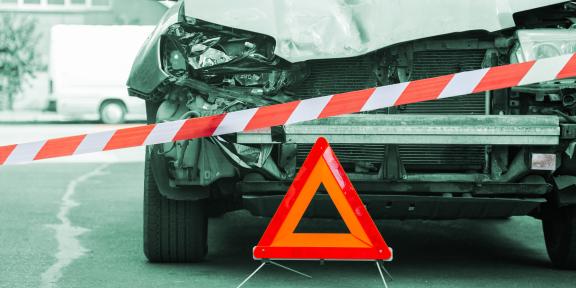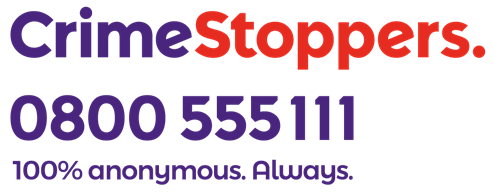Road Traffic Collision Guidance
Being involved in a road traffic collision can be an upsetting experience. Here are some helpful tips about what to do if you are involved in one.

Being involved in a road traffic collision can be an upsetting experience. Here are some helpful tips about what to do if you are involved in one.
When damage is caused to anything other than the vehicle or its contents (including another vehicle, property boundaries or street furniture such as lamp posts or street signs) or when injury is caused to anyone other than the driver of the vehicle or any animal not in or on the vehicle. An animal is defined by law as a horse, cattle, ass, mule, sheep, pig, goat or dog.
When damage is only caused to the vehicle involved or injury is limited to the driver involved or any animal carried in or on the vehicle.
If you have been involved in a road traffic collision you have a number of duties to comply with by law.
Failing to comply with any one of the above duties may render you liable to prosecution for a number of road traffic offences.
Generally speaking, your insurer will require you to report any collision to them regardless of fault or whether a claim for damage or injury may be sought. We advise you do this at your earliest convenience after the collision. You may wish to take your own photographs of the scene for your insurer. Only do this if it safe to do so. Do not put yourself or any other road user at risk to take a photograph.
Police will attend road traffic collisions where someone is injured or there is a risk to other traffic on the road. Prior to Police arrival, it is advisable that you do not attempt to move your vehicle, this may cause further risk and it prevents Police from obtaining a true picture of the collision. At the scene Police will:
The Police, if appropriate, may consider prosecuting one or more parties involved in a road traffic collision for driving offences.
If this happens you may be asked to provide a witness statement or, if under investigation, attend a Police station for an interview. Once the investigation is complete The Public Prosecution Service will decide whether to prosecute the case via the Courts, whether it can be dealt with by other means or whether no further action will be taken.
Police will not comment on blame or liability for the purposes of your insurer or any civil action you may wish to take. Police will complete a Collision Report Form (CRF) which your solicitor can apply for. This will be released once the appropriate fee is received.
If you are involved in a collision it is important that you remain calm and comply with your legal obligations.
If another vehicle leaves the scene, commonly referred to as a ‘Hit and Run’, it is important that you try and obtain the registration number of the vehicle and write it down or type it into your phone as quickly as possible to allow Police to trace the vehicle.
In even the most minor of collisions, shock can affect you hours later. It may be beneficial to be in the company of family or friends after a collision to ensure your wellbeing and if there is any doubt, or you begin to feel unwell please seek medical advice.
More information on roads and driving including road safety, penalty notices and winter driving advice.
We are dedicated to fighting crime across Northern Ireland. We help to promote the charity in communities across the region, to let residents know there is an anonymous route to give information about crime. We guarantee anonymity, which means that no-one can ever find out you contacted us.
